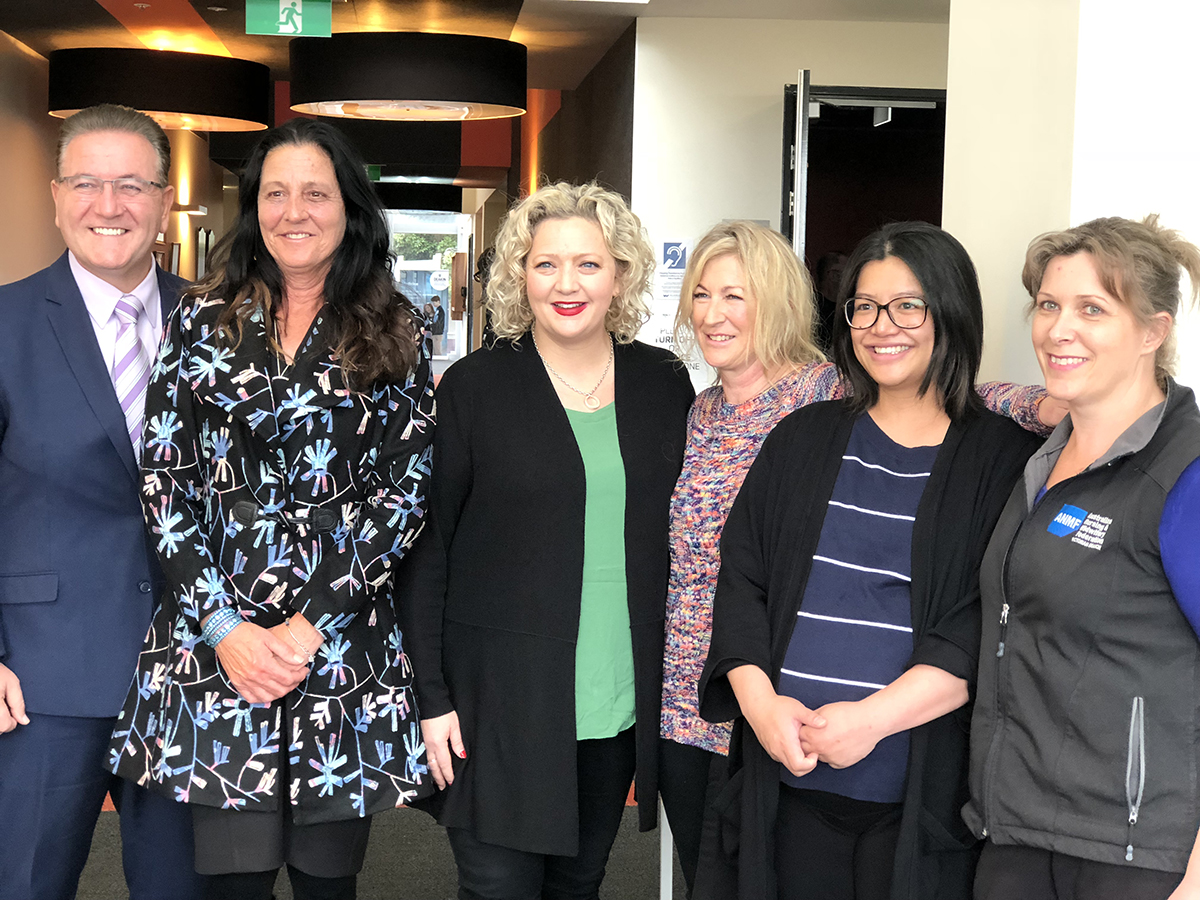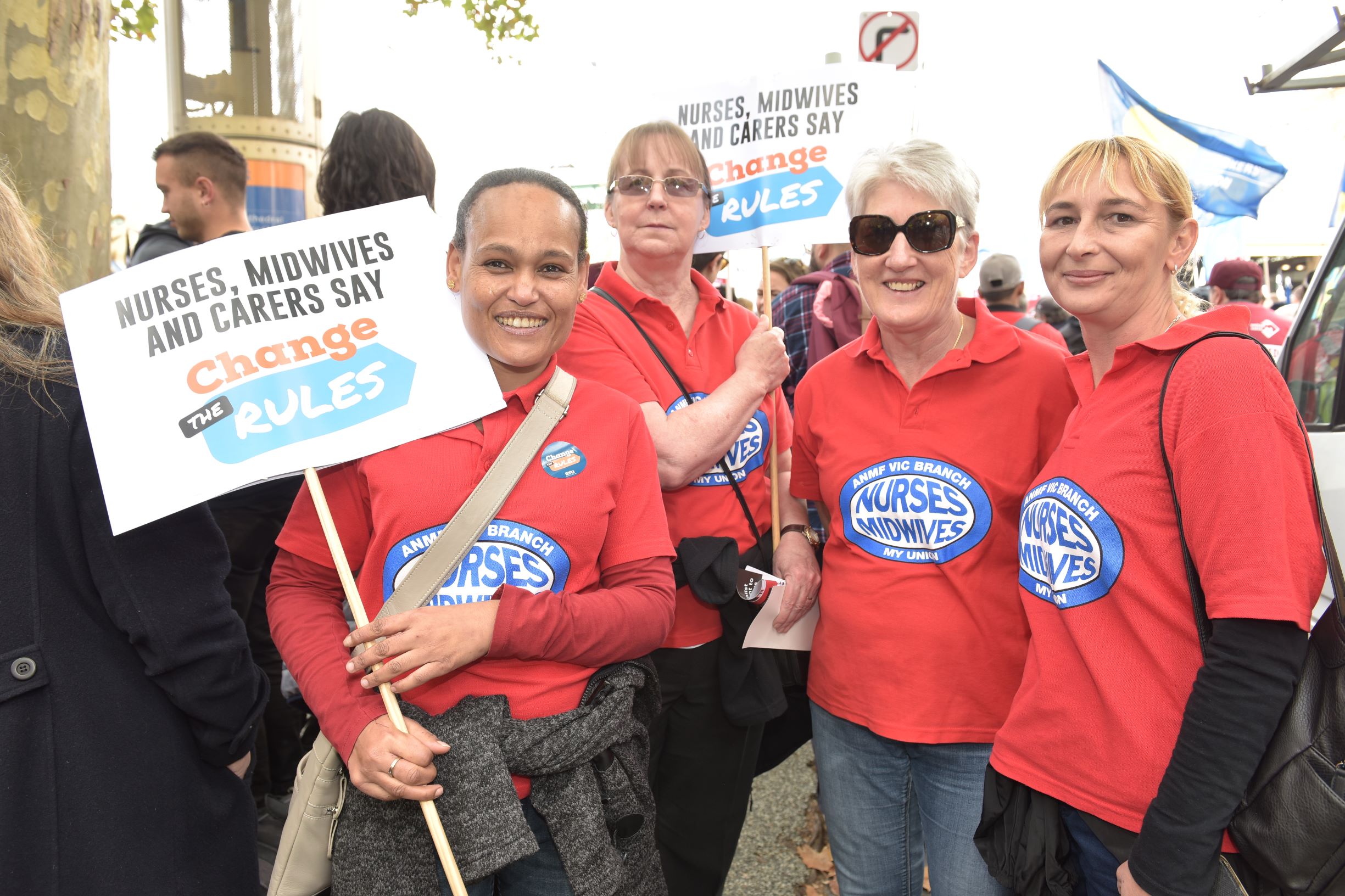
Sue Miers presenting at the Australian Nurses & Midwives Conference
Midwives, nurses and maternal and child health nurses may be the first professionals to recognise that a child’s development has been affected by prenatal alcohol exposure, the founder of a fetal alcohol spectrum disorders organisation told the Australian Nurses & Midwives Conference.
Eighty per cent of people with fetal alcohol spectrum disorders (FASD) do not have facial features associated with the FASD, Sue Miers, founder of NOFASD Australia, said.
The facial features associated with FASD are:
- short horizontal length of the eye opening, from the inner corner to the outer corner of the eye
- a smooth philtrum (the usually ridged area of skin between the upper lip and the nose)
- a thin upper lip.
As 50 per cent of pregnancies are unplanned, it is important for nurses and midwives to record mothers’ alcohol use history, Ms Miers said. Records of alcohol use in pregnancy can be helpful in making a diagnosis of FASD where no associated facial features are present.
Learning and behavioural problems that can also be associated with FASD include:
- learning difficulties
- memory problems
- impulsiveness
- limited attention span, ease of distraction or hyperactivity
- difficulty relating actions to consequences
- difficulty following instructions (but able to repeat them verbally)
- difficulty with abstract thinking – such as about mathematics, money or time
- slow cognitive processing (thinking)
- difficulty with social relationships.*
Ms Miers said nurses and midwives were in an ideal position to talk to men and women of reproductive age about the potential effects of alcohol in pregnancy. As there is no known safe limit of alcohol consumption in pregnancy, it is recommended that pregnant women consume no alcohol.
Ms Miers said individuals with FASD will experience some degree of challenges in their daily living and need support with motor skills, physical health, learning, memory, attention, communication, emotional regulation and social skills to reach their full potential.
Early diagnosis and appropriate support increases the chance that people with FASD can reach their full potential, Ms Miers said.
Ms Miers became involved in education and advocacy regarding FASD when her daughter was fostered into the family as a two-year-old. Her now-adult daughter was diagnosed with FASD when she was 10.
Visit nofasd.org.au/ for more information.
*Better Health Channel




